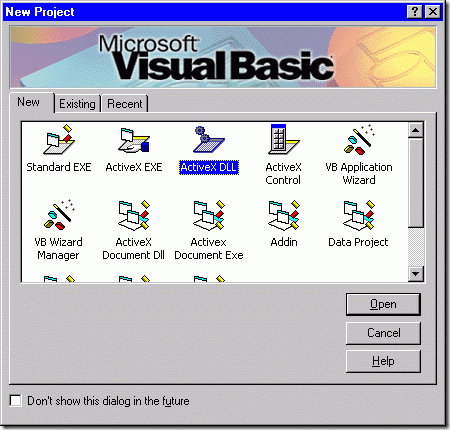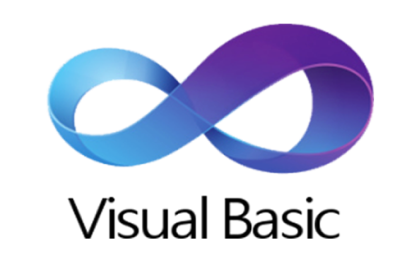Visual Basic (classic) in the year 2021

First, some data:
- The final release was version 6 in 1998.
- In 2002, Microsoft announce that Visual Basic would be replaced by the new Visual Basic.NET.
- On April 8, 2008, Microsoft stopped supporting Visual Basic 6.0 IDE.
- In 2014, some software developers still preferred Visual Basic 6.0 over its successor, Visual Basic .NET.
… and we are in 2021 and I still love VB. And I still do new little projects with VB.
Why the hell are you still using VB for new projects?
- Because I used it for 20 years and I love it.
- Because it still works perfectly today.
- Because it is the easiest language I have ever worked with.
- Because it is RAD (Rapid Application Development). Really RAD.
- Because I don’t need anything to get it to work on any Windows system (VB runtime still comes in Windows 7-8-10, so any standard VB program will run without any installation, just the EXE).
Ok, but why didn’t you jump to VB.NET? Well, although I worked with ASP.NET many years ago (I think in 2003–2004), VB was always a winner for me. The IDE, the whole community, thousands of OCXs available for just about anything you need, the machine requirements (really low), the working speed, the flexibility for any project type (scripting, user interface, batch, communications, database). Why I need to jump to VB.NET if I can do the same with VB, with less effort, and no need to relearn the tricks again?
Oh, yes. There are many other languages today with better performance, better tools, better compatibility. But none as easy as VB (and, usually, none have all those possibilities in an easy way).
Obviously, I’m not crazy. For modern projects I use modern tools (Angular, Node, Laravel, Titanium for mobile, … whatever I need). But I use VB for little tools. Tools like:
- Data manipulation: extract data from any source and import in other source (eg: export Oracle data -> transform -> import in Firebird).
- User little tools: reminders, network tools, even little POS applications…
- Internal enterprise little tools: a classic CRUD management with some Crystal Reports (eg: an application to sign start/end of working day).
- Logger: create logs from different sources (eg: check some conditions and do a log).
Data manipulation is the common use I do. My last program, a week ago, connected to an Oracle database and extracted 20 million records in a text file in SQL format, to run those sql to be imported into another database.
It worked perfectly, smoothly, easily, in a program with only 128kb, including a user interface to choose from a variety of options and show progress. That is what I want for a programming language.
And the environment?
The last VB IDE support was Windows XP. With Windows 7, the installer did not work.
There are some methods to make VB IDE installation possible even on Windows 10, but I prefer to use a virtual machine with XP.
I still have my XP and VB license, so I have no problem using it. The requirements are very, very low: I have a virtual machine with 1GB of RAM, Windows XP, and a single 10Gb hard drive. And the compilations are very, very fast: just a few seconds.
I also use Git to manage my projects because yes, you can use older versions of Git on XP. So I have everything I need to manage projects.
And you don’t have problems with it?
The unique problem you may have with VB today is 64-bit support: VB is 32-bit and everything you run on it must be 32 bits. The last problem I ran into was I wanted to do a Windows service (ntserv.ocx) but I was unable to register the service on 64-bit system, because the OCX is only for 32-bit systems.
But if you don’t need “special” operations, you don’t need to worry about that.
Well then, when will you stop using it?
Probably never. As long as Microsoft continues to support Win32 applications, VB will continue to work and continue to be useful.
Do you know COBOL? It has been dying for years and will continue to die for many more years. VB is the same.
Furthermore, there are even new projects to revitalize VB. RAD basic is a new project to bring VB to modern 64-bit systems, with a new IDE and new features. What Microsoft did not do, the community will. It’s not VB7 as we all desire, but it is better than nothing.
Yes, I love VB and will love forever. Was my first love in professional programming languages. And the first love is never forgotten. TFSBS

